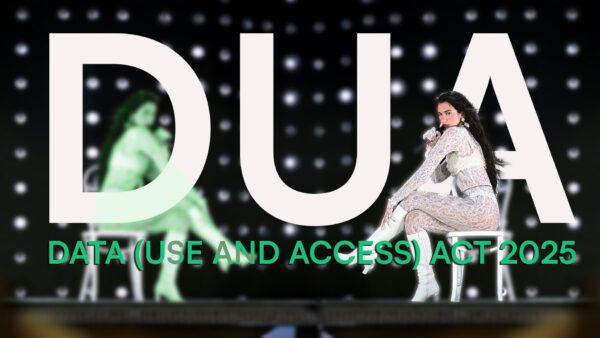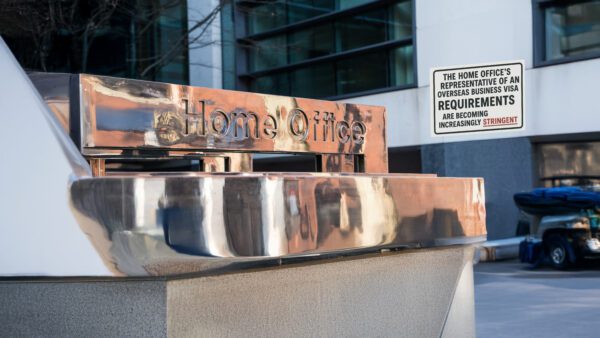Digital estate planning is an essential aspect of modern estate planning, especially as we spend more time online and accumulate valuable digital assets.
For some individuals, the digital world has evolved into a space where they have been able to grow their own personal brand and following, and platforms to generate substantial wealth through influencer marketing, brand deals and sponsorships, as well as their own business ventures.
Content creators and influencers have valuable intellectual property (IP) tied to their social media presence and digital content. For this growing group of individuals, digital estate planning is becoming increasingly important, to ensure their digital assets are properly managed, protected and passed on after their death.
What is Digital Estate Planning?
Digital estate planning refers to the process of managing and organising an individual’s online assets, digital accounts, and IP in the event of their death or incapacitation.
This process is especially important for influencers and content creators, whose livelihoods are deeply intertwined with their online presence.
The unique business model and asset profile of an influencer presents specific challenges for estate planning, including the non-transferability of digital assets, the need to clearly identify digital assets, the structuring of IP and brand ownership to avoid legal disputes, and creating clear guidelines and restrictions for posthumous content use, if desired.
Management of Digital Assets
With the growth of numerous social media networks and online revenue streams, content creators and influencers often manage multiple online platforms, each with unique policies regarding account access and transferability after death.
Importantly for digital estate planning, digital property cannot vest with the executors or personal representatives of an estate if it cannot be identified, accessed and retrieved. Accordingly, there are crucial steps that should be taken, particularly by those whose digital assets hold significant financial value, to ensure that their digital assets, which are often intangible, pass safely to the intended beneficiaries.
A frequently updated list or inventory of digital assets and accounts serves as the foundation of an individual’s digital estate plan and is essential to ensure that digital assets are accounted for and not overlooked. For content creators and influencers, this includes, but is not limited to, their social media accounts, IP, revenue-generating sources like ad revenue from YouTube or TikTok, affiliate marketing or income from digital courses or products, as well as digital collectibles such as NFTs or cryptocurrency.
Compliance with account access and terms of service agreements is crucial when managing digital assets, and advice concerning the Computer Misuse Act 1990 ought to be taken.
Legal and Financial Clarity
An influencer’s name, logo, and digital content can constitute and amount to a financially valuable estate, and can continue to generate revenue even after death. However, if the ownership of the IP rights is not clearly defined and legally structured, disputes may arise between beneficiaries, business partners, and brand managers, potentially complicating the administration of the estate.
Standard personal possession legacies in Wills are often phrased in terms of the statutory definition of personal possessions, or personal chattels, under the Administration of Estates Act 1925. The definition, however, does not include property interests in digital assets that, by their nature, are intangible.
For Wills that do not specifically bequest an individuals’s digital assets, the digital assets form part of the residue of an estate and will pass to the residuary beneficiaries. This, however, may not be in line with the individual’s wishes.
For individuals with valuable digital assets, a separate digital assets clause is therefore essential, and should be drafted to include instructions and guidance on the access and management of the digital assets it disposes of. Careful consideration should be taken with respect to the wording of this clause, to avoid the inclusion of digital assets that an individual may wish to dispose of separately, either via a separate gift or Will trust.
Thought should also be taken if appointing a digital executor, to ensure they have the required technical knowledge to administer the digital estate. A digital executor’s responsibility may include gaining access to accounts and revenue sources, deciding whether to continue, sell, or shut down the brand, negotiating brand deals on behalf of the beneficiaries, and protecting IP from misuse.
Posthumous Control
For content creators and influencers, their digital content is often deeply personal, and reflective of their own creativity and individual journey. For some, it is important to plan for their IP’s future use, to ensure that their digital legacy aligns with their values and wishes, even after they are gone.
For those who wish to control how their content is used post-death, it is essential to define ownership, put in place the appropriate structures, and specify any limitations on how that content can be used. This can include limiting commercial exploitation, restricting artificial intelligence (AI) modifications, controlling brand collaborations, or setting timelines for the use or licensing of content.
With rapid advances in AI technology, including AI content modifications, recreations and deepfakes, it is feasible, more so now than ever, for new content to be created in the style of the original creator, whether that be new audios or videos, that may not necessarily be in line with the deceased’s original intent or beliefs, leading to the possibility for an individual’s likeness to be exploited and their legacy tarnished, if not appropriately addressed before death.
Helping You Find the Right Solution
In the digital age, digital estate planning, particularly for those who have a significant online presence, is an increasingly important and complex aspect of estate planning. By taking steps to document your IP, and communicating your wishes early, you can ensure that your digital legacy not only passes to your intended beneficiaries, but aligns with your personal and professional values, even after you are gone.
To discuss your requirements and find out how we can help you, please get in touch.









